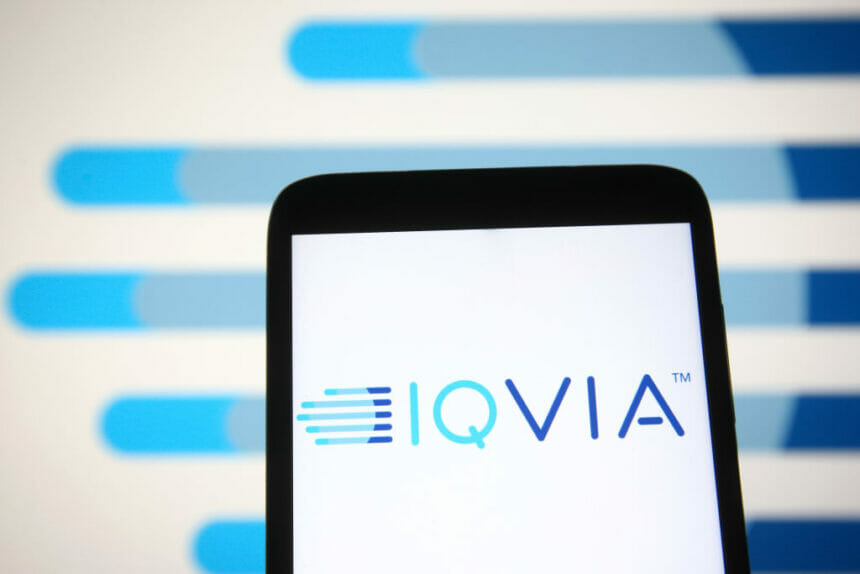The Federal Trade Commission sued IQVIA Holdings from purchasing Propel Media, Inc. (PMI), alleging the deal would give the healthcare data provider an unfair advantage in programmatic advertising of healthcare products to doctors.
Specifically citing prescription drugs marketing, the FTC stated in a press release issued Monday that IQVIA would have a “market-leading position” in advertising to healthcare professionals (HCP) and have an incentive to “withhold key information” to prevent rivals and new entrants from competing effectively.
The FTC complaint alleged the combination of IQVIA’s Lasso Marketing and PMI’s DeepIntent would eliminate head-to-head competition in the programmatic advertising space while driving up prices and reducing quality and choice.
“Protecting competition in the emerging health care programmatic advertising market plays a critical role in lowering health care costs, including the cost of prescription drugs.” FTC Bureau of Competition Director Holly Vedova said in a statement. “Given the rampant consolidation across the pharmaceutical industry, it’s critical that the market for health care product advertising remains competitive to ensure that patients and their doctors have access to high quality, affordable products.”
The agency added that maintaining competition is necessary to protect patients from higher healthcare prices that could result from a lack of competition among medical marketers.
As a result of the suit, the FTC voted unanimously to seek a temporary restraining order and preliminary injunction from a federal court.
Meanwhile, IQVIA issued a statement expressing its disappointment in the FTC’s complaint and stressed it is pursuing the PMI deal to help customers provide information to doctors and patients in order to improve health outcomes.
“IQVIA has been working cooperatively with the FTC for almost a year to address the questions raised by the FTC’s investigative staff,” the company stated. “Despite the broad, highly competitive, and rapidly changing environment for healthcare digital advertising, and IQVIA’s position as a recent entrant in this space that is seeking to increase competition with industry giants, the FTC decided to file a complaint to block the transaction. We believe that the FTC’s complaint fundamentally misunderstands the facts and seeks to inappropriately apply the law.”
This regulatory action marks yet another instance of the FTC stepping in to halt a proposed merger, both in healthcare and the tech sector.
Over the weekend, the FTC requested additional information from Pfizer regarding its pending $43 billion takeover of Seagen.
In mid-May, the agency sued to block Amgen’s $27.8 billion acquisition of Horizon Therapeutics, again citing the potential negative impact of “rampant consolidation” in the pharma sector.
Despite the looming presence of the FTC, drugmakers’ dealmaking will likely plow ahead, according to Wall Street analysts.
Though the agency has been active, it hasn’t always been successful in its pursuit of stopping these large-scale mergers. Last week, a federal judge denied the FTC’s attempt to stop Microsoft from buying Activision Blizzard for $69 billion.
The lawsuit was also filed weeks before IQVIA is slated to release its Q2 earnings report on August 1.
To read a January 2024 article about IQVIA punting on Propel Media, DeepIntent acquisitions after FTC challenge, click here.







